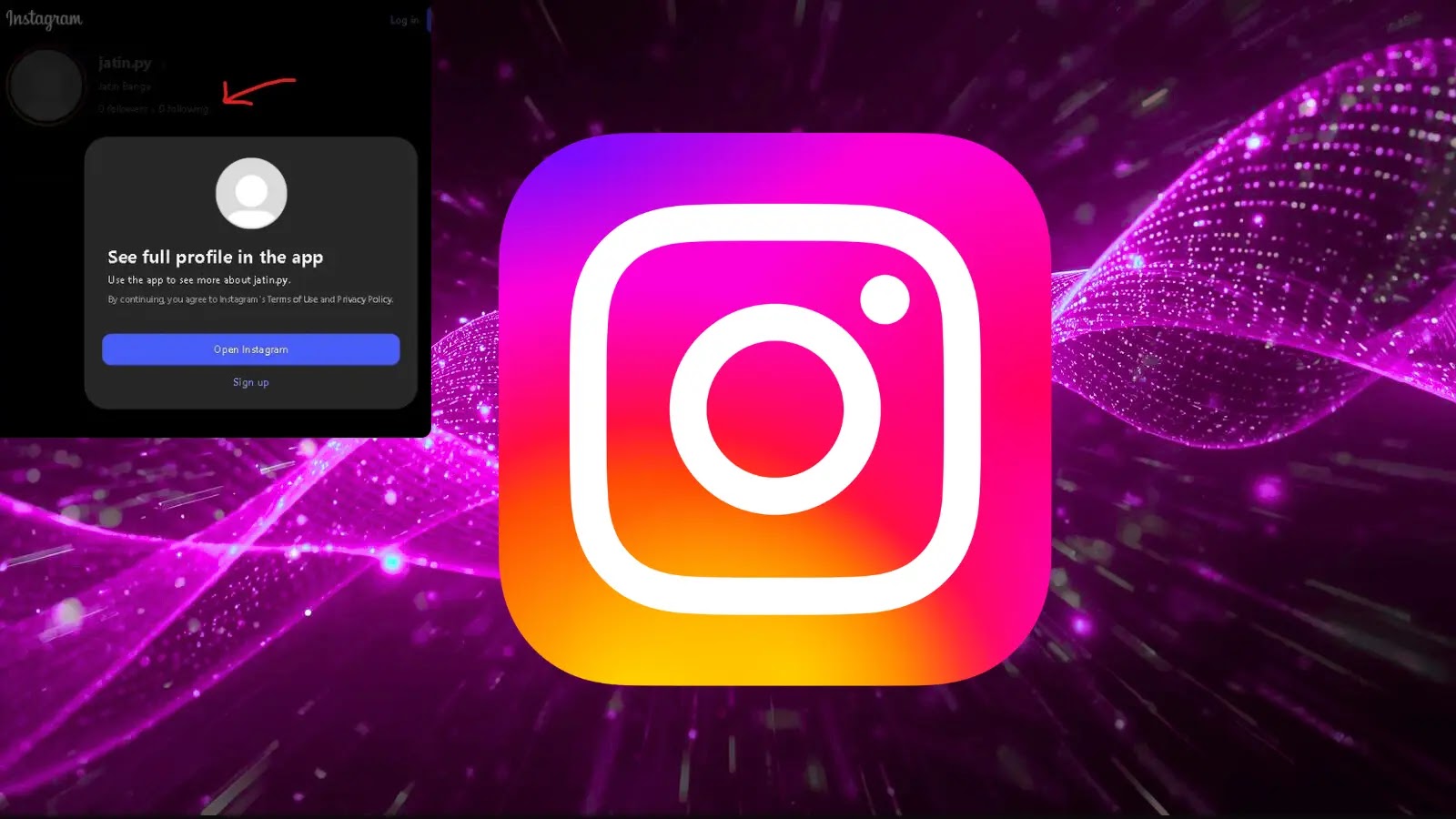A significant security flaw was identified in Verizon’s Call Filter application, potentially exposing the incoming call records of millions of users. This vulnerability, discovered by cybersecurity researcher Evan Connelly, underscores the critical importance of robust security measures in mobile applications.
Discovery and Nature of the Vulnerability
Evan Connelly, a cybersecurity expert, uncovered the flaw within Verizon’s Call Filter app, designed to help users identify and block spam calls. The application retrieves incoming call histories by sending requests to a server, including the user’s phone number and the desired timeframe for the call records.
The vulnerability stemmed from the server’s failure to verify that the phone number in the request matched the authenticated user’s number. Consequently, an attacker could manipulate the request to access incoming call records associated with any arbitrary phone number.
Scope of the Exposure
The exposed data was limited to phone numbers and timestamps of incoming calls. While no other personal information was compromised, the potential for unauthorized access to call records raises significant privacy concerns.
Connelly noted that it was unclear whether the flaw affected all Verizon customers or only those with the Call Filter service enabled. However, he suggested that the service might be active by default for many or all Verizon Wireless customers, indicating a potentially widespread impact.
Verizon’s Response and Remediation
Upon discovering the vulnerability, Connelly reported it to Verizon on February 22. The company acted promptly, and the third-party owner of the application patched the flaw by mid-March. Verizon confirmed the remediation efforts and emphasized their commitment to user security.
Implications for User Privacy
This incident highlights the potential risks associated with mobile applications that handle sensitive user data. Unauthorized access to call records, even limited to phone numbers and timestamps, can lead to privacy violations and potential misuse of information.
Broader Context of Verizon’s Security Challenges
Verizon has faced multiple security incidents in recent years, underscoring the ongoing challenges in safeguarding customer data:
– 2017 Data Exposure: In 2017, a misconfigured Amazon Web Services (AWS) S3 bucket operated by a third-party vendor exposed personal details of up to 14 million Verizon customers. The data included names, addresses, phone numbers, and account PINs. Verizon downplayed the incident, stating that only 6 million unique customers were affected and emphasizing that no Social Security numbers or voice recordings were exposed. ([securityweek.com](https://www.securityweek.com/verizon-downplays-leak-millions-customer-records/?utm_source=openai))
– 2017 Contract Exposure: In the same year, vulnerabilities in Verizon Wireless systems were discovered, potentially allowing hackers to access 2 million customer contracts. The exposed contracts contained information such as full names, addresses, phone numbers, device models, serial numbers, and customer signatures. Verizon addressed the issue after it was reported by a security researcher. ([securityweek.com](https://www.securityweek.com/vulnerabilities-exposed-2-million-verizon-customer-contracts/?utm_source=openai))
– 2016 Enterprise Client Portal Breach: In 2016, Verizon acknowledged a security breach where an attacker exploited a vulnerability in its enterprise client portal, leading to the theft of contact information for approximately 1.5 million customers. The company stated that no Customer Proprietary Network Information (CPNI) or other sensitive data was accessed. ([venturebeat.com](https://venturebeat.com/security/verizon-says-security-breach-leads-to-customer-data-leak/?utm_source=openai))
Lessons and Recommendations
These incidents collectively highlight the critical need for stringent security protocols, especially when third-party vendors are involved. Companies must ensure that all partners adhere to robust security standards to prevent data breaches.
For users, it’s essential to remain vigilant:
– Regularly Update Applications: Ensure that all apps are updated to the latest versions to benefit from security patches.
– Monitor Account Activity: Regularly review account statements and call logs for any unauthorized activity.
– Use Strong, Unique PINs: Avoid using easily guessable PINs and change them periodically to enhance security.
Conclusion
The recent vulnerability in Verizon’s Call Filter app serves as a stark reminder of the importance of comprehensive security measures in protecting user data. Both companies and consumers must remain proactive in addressing potential security risks to safeguard personal information.



